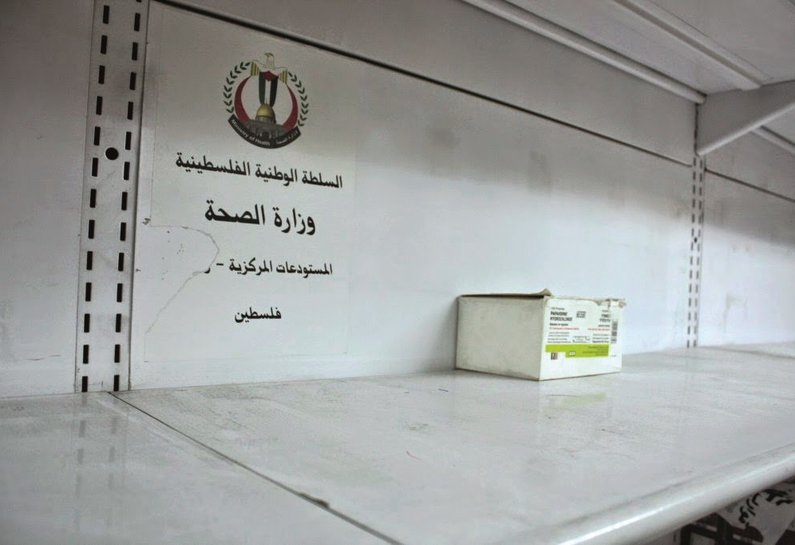Gaza cancer patients’ lives endangered as chemotherapy stocks dwindle

Al Rantisi Hospital Director Dr Mohammed Abu-Silmiya highlighted Neupogen, a medicine needed to bolster immunity against infection by boosting white blood cell production, had run out of stock. The risks are particularly acute for children, whose health can quickly deteriorate due to weaker immune systems.
The hospital needs to provide some 1,000 Neupogen injections every month. However, he told Al Mezan Centre for Human Rights that in the past two months there were only about 100 injections available, adding: “Many procedures cannot be delivered with different medicines missing. Colon and lung cancer as well as lymphoma patients cannot be provided with the necessary therapy now.”
According the World Health Organization (WHO), on 12 August shortages of cancer drugs across Gaza reached 85%. Last month, at the Central Drugs Store in Gaza, of 516 essential medicines for treating all kinds of illnesses, 40% were completely out-of-stock. Additionally, there was less than one month’s supply of 29% of essential medical disposables.
For cancer patients, irregular supply of medications can mean chemotherapy courses are interrupted, which can severely reduce the treatment effectiveness and increases the risk of drug resistance in patients. Paying for medications privately is not an option for most families in Gaza, where more than 49% are unemployed after 11 years of illegal closure.
Health officials in Gaza have alleged that the supply of medicines vital for administering chemotherapy from the Palestinian Authority in the West Bank has been irregular for the past 18 months. The WHO reports that on 14 August, the Ministry of Health (MoH) in the West Bank released 29 cancer drugs from the Central Drugs Store in Nablus.
Some cancer treatments, including all radiotherapy and increasingly chemotherapy, are completely unavailable in Gaza. This means many patients require costly referrals to hospitals in East Jerusalem, the rest of the West Bank, or abroad. Israeli authorities’ restrictions on the granting of exit permits for patients continue, however. In June, 10% of all requests for patient permits were denied and 27% not responded to by the date of the appointment, meaning that patients were not able to get to the care they needed. Cancer patients comprised nearly a third (31%) of all applications.
At the same time, more than half of all exit permits for patients’ companions – usually family members seeking to travel to accompany someone to treatment – were denied or delayed. This week the Israeli newspaper Haaretz reported on the case of a three-year-old child, Louay Al Khoudari, forced to undergo cancer treatment in the West Bank without either parent after his mother was denied a permit to travel with him. This case follows concerns recently raised by a group of Palestinian and Israeli human rights groups of “collective punishment” of cancer patients themselves denied access to treatment due to accusations over family members’ political affiliations.
Israel has an international legal obligation, as the occupying power, to ensure humanitarian assistance to the population under its control, including access to medical care and the provision of adequate medical supplies. Notwithstanding the constraints of the occupation, all Palestinian duty-bearers, including the Palestinian Authority, are also obliged to respect, protect and fulfil the rights of Palestinians and ensure access to medical care without discrimination.
Related content


